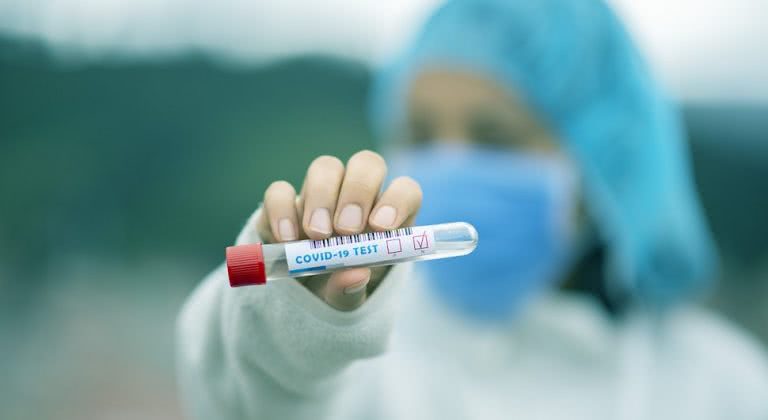Western Australia, Tasmania and the Northern Territory have confirmed that borders will close to South Australia, after the state recorded a cluster of 17 coronavirus cases.
The 17 new cases are linked to the four community cases announced on Sunday. South Australia’s Chief Public Health Officer Nicola Spurrier has said that a medi-hotel is likely the source of the outbreak.
The first new case was identified when a 81-year-old woman tested positive at the Lyell McEwin hospital. Two of her close contacts have since tested positive. Contact tracing is underway for staff and patients at the Lyell McEwin hospital who may have come into contact with the woman.
Mawson Lakes School and Preschool and Thomas More College and a Hungry Jack’s outlet in Port Adelaide have both closed after a worker tested positive.
Officials are expecting that case numbers will rise. Dr Spurrier has encouraged South Australians to get tested: “If you have respiratory symptoms, you’ve got to get tested.”
Western Australia, Tasmania and the Northern Territory have mandated hotel quarantine for anyone entering from South Australia.
Gladys Berejiklian today confirmed that NSW will keep borders open to SA, but will be monitoring the situation in South Australia closely.
Love Music?
Get your daily dose of metal, rock, indie, pop, and everything else in between.
“The situation in South Australia is very concerning,” she said. “Our position in New South Wales is: we need to live with COVID and every time there’s an outbreak, you can’t shut down borders, disrupt lives, disrupt businesses.
“We need to have confidence, not just in our own systems, but the system in other states to be able to get on top of the virus.
“I don’t think it’s a sensible approach moving forward to shut your borders every time there’s an outbreak.”
Premier Daniel Andrews has confirmed that all travellers from SA will not be required to enter quarantine, but VIC has announced the state a hotspot. Travellers from SA will be assessed individually.
“In terms of travel, I know that the Northern Territory and Tasmania have declared South Australia the hotspot,” he confirmed.
“We will do the same and there will be a process, a case-by-case basis. When somebody arrives at the airport, we sit down with them, [ask about] symptoms, have you been to any specific locations?
“Rapid testing may be a feature of that, I can’t quite confirm that yet, but that [will be for] our public health team to look at that because we wouldn’t want to take any chances at all.”

































